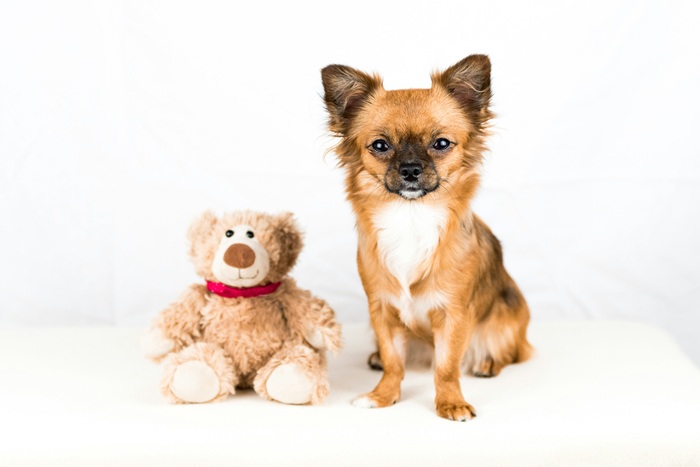Brand mascots tend to have a positive effect on Czechs in advertising, but only a minority are willing to change their purchasing decisions because of them. According to research by the MNForce agency, provided to MediaGuru.cz, 41% consider mascots likable, another 35% do not, and the rest are unable to judge. Mascots resonate more with young people. The data was collected this spring from a sample of 1,000 respondents.
Although mascots often serve as a tool for building customer relationships, their impact on brand trust is not clear-cut. Over 45% of people said that a mascot can somewhat or definitely strengthen trust, but more than a third (36%) disagree. Similarly, Czechs are cautious when assessing purchasing influence. Less than a third (31%) of respondents said they would rather or definitely buy a product because of a mascot. The majority (53%) said they would not.
The survey also showed that women perceive mascots more positively than men, and that people from smaller towns have a slightly warmer relationship with mascots than residents of large cities. The influence of mascots on purchasing behavior is stronger among the younger and less educated population. On the other hand, the most skeptical are Prague residents and university graduates, where more than half responded that a mascot would not influence their purchasing decisions.
Basic results
- More than four out of ten people (40.7%) consider brands with mascots to be more likable than those without (6.5% definitely yes and 34.2% somewhat yes).
- Approximately one-third of respondents (34.3%) have the opposite opinion (20.9% answered "rather no" and 13.4% "definitely no").
- Women (42.5%) have a slightly more positive attitude than men (38.7%), with men more likely to answer "definitely no."
- The greatest sympathy for mascots was expressed by younger respondents aged 18–24, with over 55% of those surveyed responding positively.
- Conversely, people aged 45+ are more skeptical, especially men, with negative attitudes prevailing or definitely prevailing in some groups.
- Two-thirds of respondents (65.7%) believe that mascots have a positive effect on brand memorability – 17.2% answered "definitely yes" and 48.5% "rather yes."
- The opposite opinion (rather or definitely no) is held by less than a fifth (20%) of respondents.
- The most convinced of the positive influence of mascots are young people aged 18–24 – 81.1% of them agreed.
- People aged 55+ are more skeptical, especially men – up to 25% of men aged 55+ answered "rather no" or "definitely no."
- The difference between the sexes is slight – women more often answer "rather yes," while men slightly more often choose extreme answers ("definitely yes" and "definitely no").
- Most often, advertisements with mascots evoke amusement (reported by 47.6% of respondents). This is most common among younger age groups (e.g., 53.9% of those aged 25–34).
- A pleasant nostalgic emotion is felt by 17% of respondents, more often older people and women (up to 32.3% of women aged 55+).
- On the other hand, almost a quarter (24.2%) said they were not interested, most often people between the ages of 35 and 44 (31.9%).
- Trust is inspired by mascots only in a minority (10.5%), but more often among people aged 18–24 (19.6%) or the oldest men (24.1% of men aged 55+).
- Irritation is felt by 9.6% of people, with men aged 55+ again significantly overrepresented (13.8%).
- 45% of respondents believe that a mascot can strengthen trust in a brand ("definitely yes" or "rather yes"), with "rather yes" being the most common response (36.3%).
- The strongest positive response came from young people aged 18–29: 61.4% of them said "yes" (19.6% definitely, 41.8% somewhat).
- Only less than a third, 30.8% (definitely + probably yes), said that a mascot could influence them to buy something.
- In contrast, 53.1% responded that they probably or definitely would not, meaning that a mascot would not change their purchasing behavior.
- Source: mediaguru.cz

